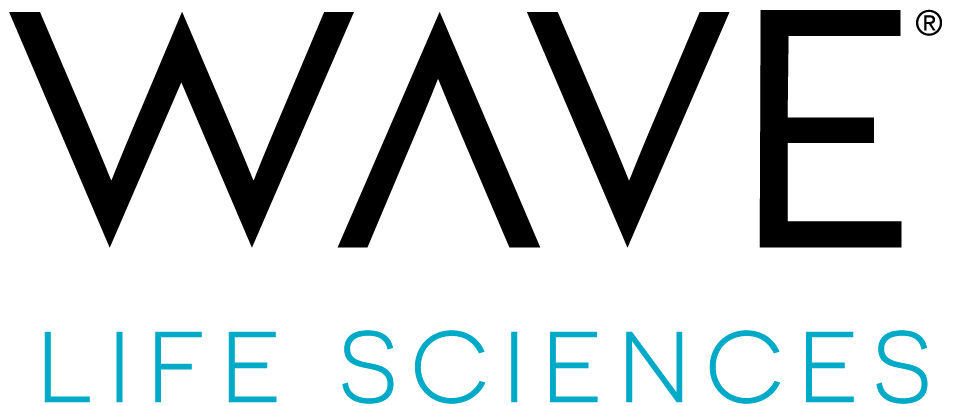Request Demo
Last update 08 May 2025
KRT14
Last update 08 May 2025
Basic Info
Synonyms CK-14, Cytokeratin-14, EBS3 + [6] |
Introduction The nonhelical tail domain is involved in promoting KRT5-KRT14 filaments to self-organize into large bundles and enhances the mechanical properties involved in resilience of keratin intermediate filaments in vitro. |
Related
2
Drugs associated with KRT14Target |
Mechanism KRT14 inhibitors |
Active Org.- |
Originator Org. |
Active Indication- |
Inactive Indication |
Drug Highest PhaseDiscontinued |
First Approval Ctry. / Loc.- |
First Approval Date20 Jan 1800 |
Target |
Mechanism KRT14 inhibitors |
Active Org.- |
Originator Org. |
Active Indication- |
Inactive Indication |
Drug Highest PhaseDiscontinued |
First Approval Ctry. / Loc.- |
First Approval Date20 Jan 1800 |
100 Clinical Results associated with KRT14
Login to view more data
100 Translational Medicine associated with KRT14
Login to view more data
0 Patents (Medical) associated with KRT14
Login to view more data
3,488
Literatures (Medical) associated with KRT1401 Jul 2025·The Ocular Surface
Assessment of the clonal growth potential of meibomian gland stem/progenitor cells via clonal analysis
Article
Author: Bu, Jinghua ; Liu, Zuguo ; Luo, Sai ; Zhong, Meiqin ; Li, Wansui ; Guo, Yuli ; Zhang, Rongrong ; Sun, Le ; Li, Wei ; Zhang, Minjie ; Wu, Yang
01 Jun 2025·Toxicology
Identification of key genes linking bisphenols exposure and breast cancer
Article
Author: Liu, Jiangzheng ; Yu, Weihua ; Li, Fei ; Liu, Rui ; Wang, Zhen ; Zhang, Xiaodi ; Gao, Tian ; Xu, Xinyue ; Cao, Meng ; Hai, Chunxu
01 Jun 2025·Experimental Eye Research
Limbal explant cultures on amniotic membrane: The effects of passaging the explants on cell phenotype
Article
Author: Gurdal, Mehmet ; Selver, Ozlem Barut ; Durak, Ismet ; Baysal, Kemal
Analysis
Perform a panoramic analysis of this field.
login
or

AI Agents Built for Biopharma Breakthroughs
Accelerate discovery. Empower decisions. Transform outcomes.
Get started for free today!
Accelerate Strategic R&D decision making with Synapse, PatSnap’s AI-powered Connected Innovation Intelligence Platform Built for Life Sciences Professionals.
Start your data trial now!
Synapse data is also accessible to external entities via APIs or data packages. Empower better decisions with the latest in pharmaceutical intelligence.
Bio
Bio Sequences Search & Analysis
Sign up for free
Chemical
Chemical Structures Search & Analysis
Sign up for free
